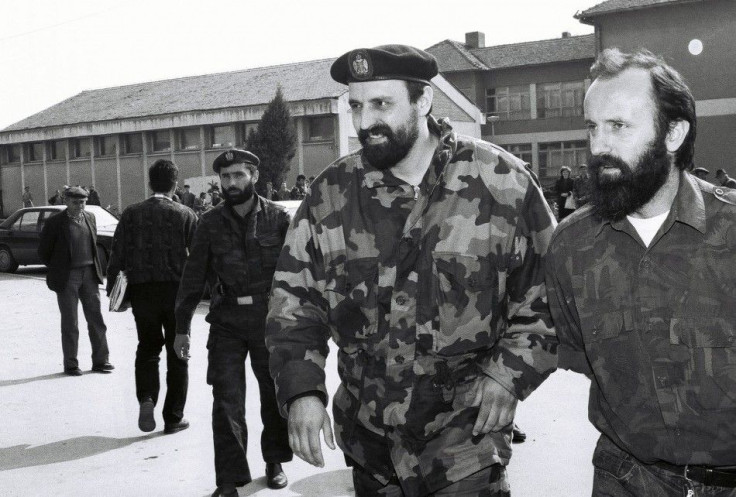Serbian War Crimes Fugitive Goran Hadzic Captured

Authorities in Serbia have captured Goran Hadzic, the last remaining fugitive suspected war criminal sought by the United Nations tribunal for the former Yugoslavia.
The president of Serbia, Boris Tadic, confirmed the arrest during a news conference.
The arrest was hailed by the European Union (EU) which demanded the capture and prosecution of Hadzic as a prerequisite to Serbia joining the EU.
Tadic said that Hadzic was found north of Belgrade in the mountainous Fruska Gora region, near his family home. He was then transferred to a war crimes court in Belgrade.
Hadzic, now 52 years old, led Serbian separatist forces during the war in Croatia during 1991-1995.
Indicted in 2004, Hadzic faces fourteen counts of war crimes and crimes against humanity, including persecution, extermination, torture, deportation and wanton destruction in connection with atrocities committed by Serb troops in Croatia.
Hadzic is also blamed for the massacre of 300 men in Vukovar in 1991 by Croatian Serb troops and for the subsequent deportation of 20,000 people from the town.
The arrest comes two months after Serbia arrested Ratko Mladic, the former Bosnian Serb military commander
Like Mladic, Hadzic is expected to be moved to The Hague in the Netherlands in order to face trial.
Serge Brammertz, the prosecutor of the UN tribunal, told Agence France Presse the move to The Hague may take up to eight days.
Tadic told reports that his investigators were working very hard in the past three years to capture Hadzic.
You have to prepare your actions, at the end of the day you get concrete results, he said.
In a statement, EU leaders said Hadzic’s arrest was a further important step for Serbia in realizing its European perspective and equally crucial for international justice. We salute the determination and commitment of Serbia's leadership in this effort.”
EU Commission President Jose Manuel Barroso, European Council President Herman Van Rompuy and EU foreign policy chief Baroness Ashton stated: Following the capture of Ratko Mladic, this arrest sends a positive signal to the European Union and to Serbia's neighbors, but most of all on the rule of law in Serbia itself. The Serbian nation is in the process of confronting the past and turning the page to a better European future.
© Copyright IBTimes 2024. All rights reserved.





















